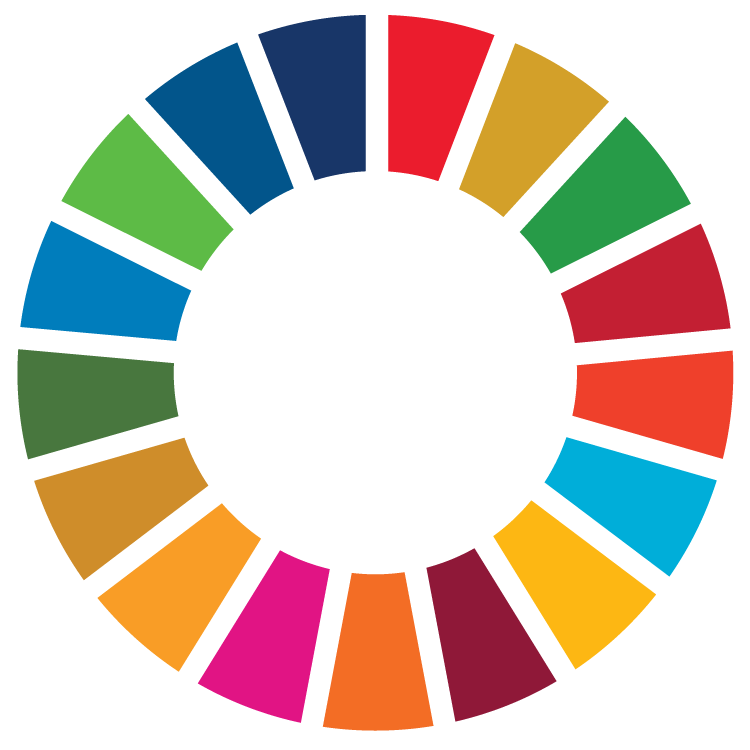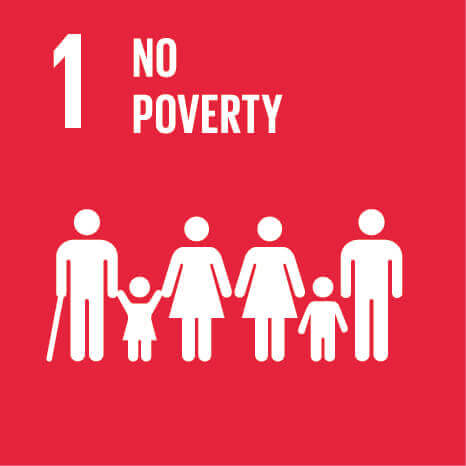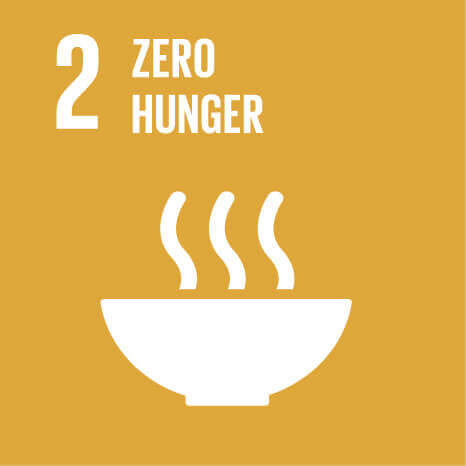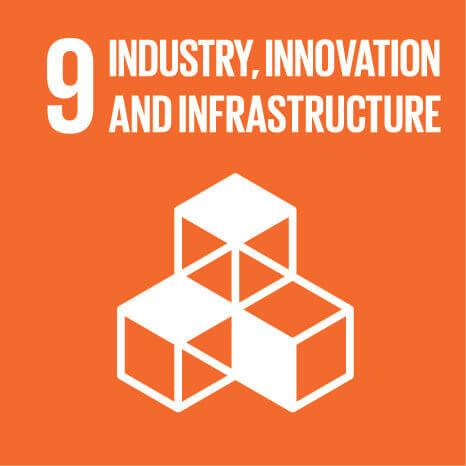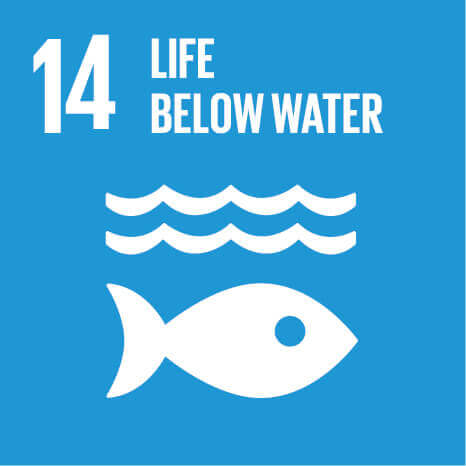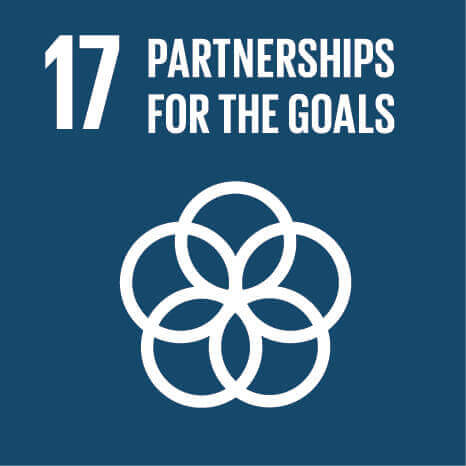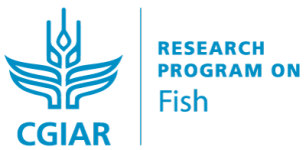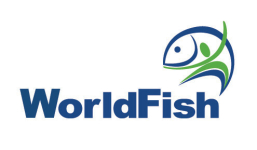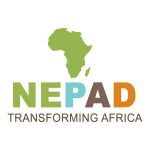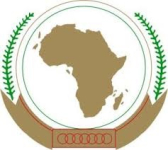Improving Food Security and Reducing Poverty through intra-regional Fish Trade in sub Saharan Africa
Published on: April 30, 2019, Submitted by Keagan Kakwasha on: April 17, 2019, Reporting year: 2018
FISH research culminates in improved trade certification and infrastructure at Luangwa border
Sloans Chimatiro, 2019. EU Fish Trade 2018 Annual Technical Report. Penang, Malaysia
The socio-economic status of people living on the confluence of the mighty Luangwa and Zambezi rivers are largely dominated by fishing and fish trade. Luangwa Districts geographical location means it is a hot spot of business dealings for fishers and traders as it borders with Mozambique along the Luangwa River on the eastern side, and on the southern side borders with the Zambezi River dividing Zambia with Zimbabwe. WorldFish research has revealed that an estimated total of 3,229 tons of fish crosses the border annually, generating an estimated total of US$23 million each year. Large amounts of salted fish have been traded through this border for decades, particularly to markets and consumers in the Democratic Republic of Congo. However, the trade of fish, even at these volumes, has not resulted in substantial benefits for the local people, for government revenue or towards development at the border. One of the challenges identified by research was that the border landing site and the harbour had no shelter, forcing cross-border traders to keep their fish products in open space as they wait for transport. In the wet season in particular, this led to high rates of waste and loss and as a result lost revenue for traders and fishers.
In order to address these challenges, multi-disciplinary research was used to design and leverage investment into a border fish warehouse and a certification scheme. As cross-border fish trade is high on the priorities of the Common Market for Eastern and Southern Africa (COMESA), the COMESA Secretariat appreciated WorldFish’s research and policy engagement efforts and requested the partnership to build and then launch the border warehouse as a COMESA Fish Inspection and Certification Facility; the first of its kind in the whole of COMESA region. COMESA, an economic block of 21 countries, installed equipment for testing the quality and safety of fish products crossing the border. COMESA intends to use use this border crossing as a model for application of the COMESA ‘Green Pass’ certification scheme for fish products more broadly. Certification will take place according to the regional harmonized fish standards that were developed and facilitated in processes led by WorldFish, and approved by the Southern Africa Development Community (SADC) in March 2017. The standards cover 11 products and areas, including fresh, frozen, farmed, salted and smoked fish, fish snacks, fish sausages, canned sardines and Good Aquaculture Practices for bream fish.
The push for improvements to cross-border fish trade in Zambia and other African countries is motivated by benefits seen in other regions, such as Europe, where trade across borders has been liberalized. The 2014 African Union Policy Framework & Reform Strategy for Fisheries & Aquaculture emphasized the role of fish in intra-regional trade. Furthermore, the 2014 Malabo African Union Heads of State Summit made a declaration (Malabo Declaration) to more than triple intra-regional agriculture commodity trade by 2025. However, key policy reforms will be required for fish trade liberalization to maximize its impact on regional integration and social and economic development in Africa. The research by WorldFish and partners identified and tested some of these policy reforms including: enhancing efficiency in domestic fish markets; strengthening capacity for knowledge on regional trade rules and regulations, especially for women traders; addressing hidden barriers, especially corruption, and simplifying policies and regulations by overlaying fish in the ‘One Stop Border Post’. There has been a need to reflect on how commodity trade policies and regulations influence regional fish trade flows, within the framework of African Union’s regional economic communities.
Our research reinforces that policies are easier made than implemented. Therefore, policy reforms and tracking of implementation must be continually guided by research checking on the role of trade (and enhanced trade) in the livelihoods, food and nutrition security of low-income traders and consumers; and determining the economic and trade changes brought about by institutional innovations (e.g. harmonized regional fish standards). Evaluation of the social and economic impacts (including those on waste and loss, food safety, trader well-being etc.) of this multi-pronged initiatives is scheduled for 2019. This research and the impacts of the FishTrade initiative have stimulated interest in a second phase of European Commission investment that provide the opportunity to examine and refine these medium term outcomes.
Stage of Maturity and Sphere of influence
-
Stage of Maturity: Stage 2
-
Contributions in sphere of influence:
Acknowledgement
The fish warehouse in Luangwa is an initiative by the Fish Trade Program – a partnership among WorldFish, AU-IBAR and NEPAD Agency, funded by the European Commission (Agreement number DCI-FOOD/2012/309-438). This work was undertaken as part of the CGIAR Research Program on Fish Agri-Food Systems (FISH).
